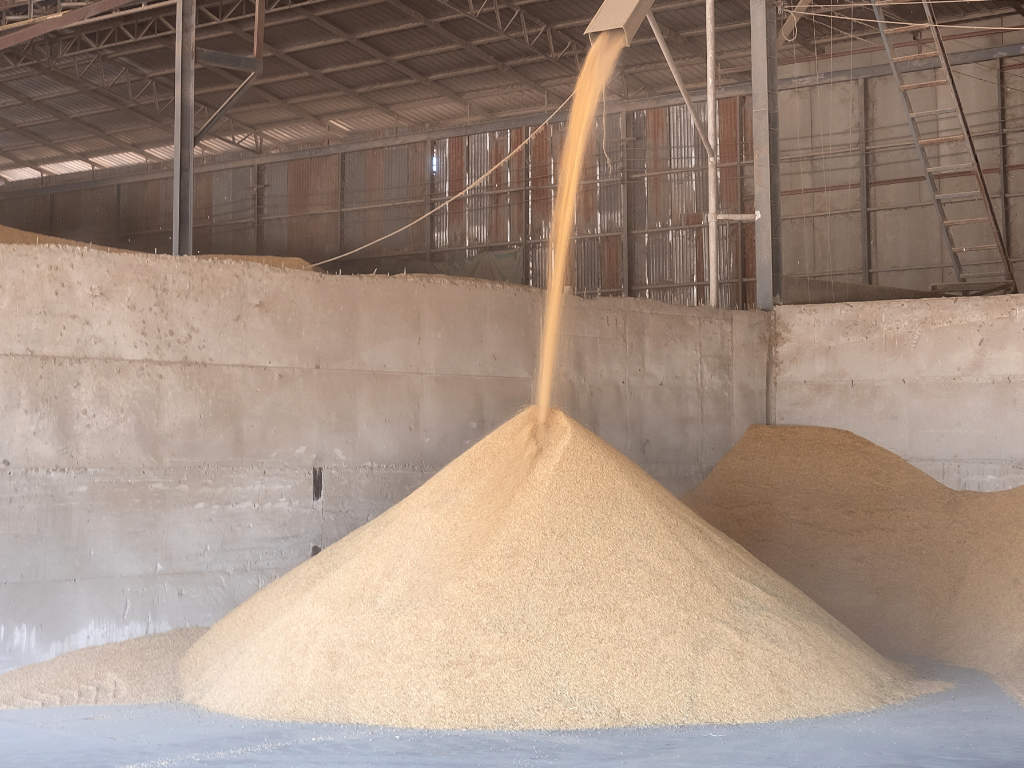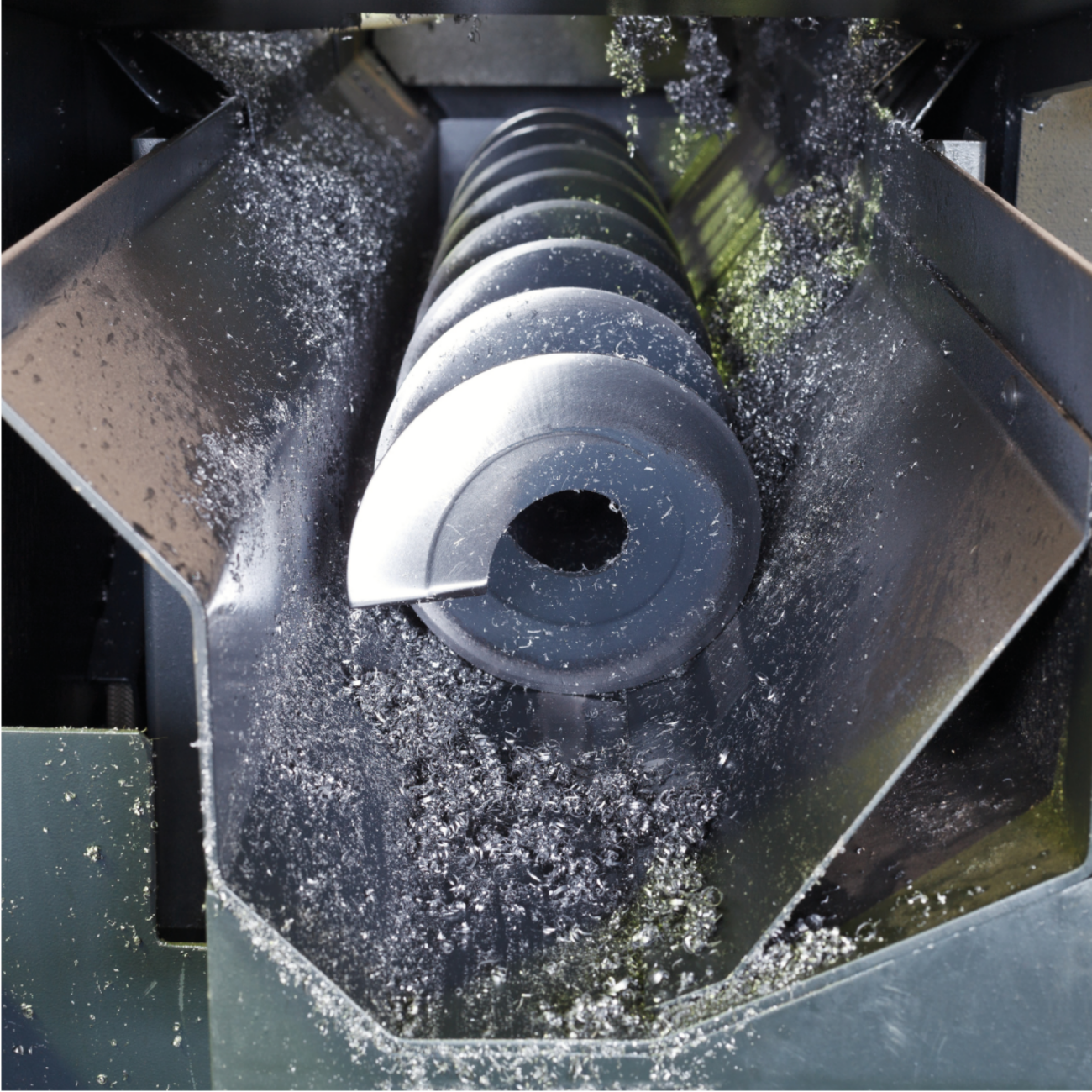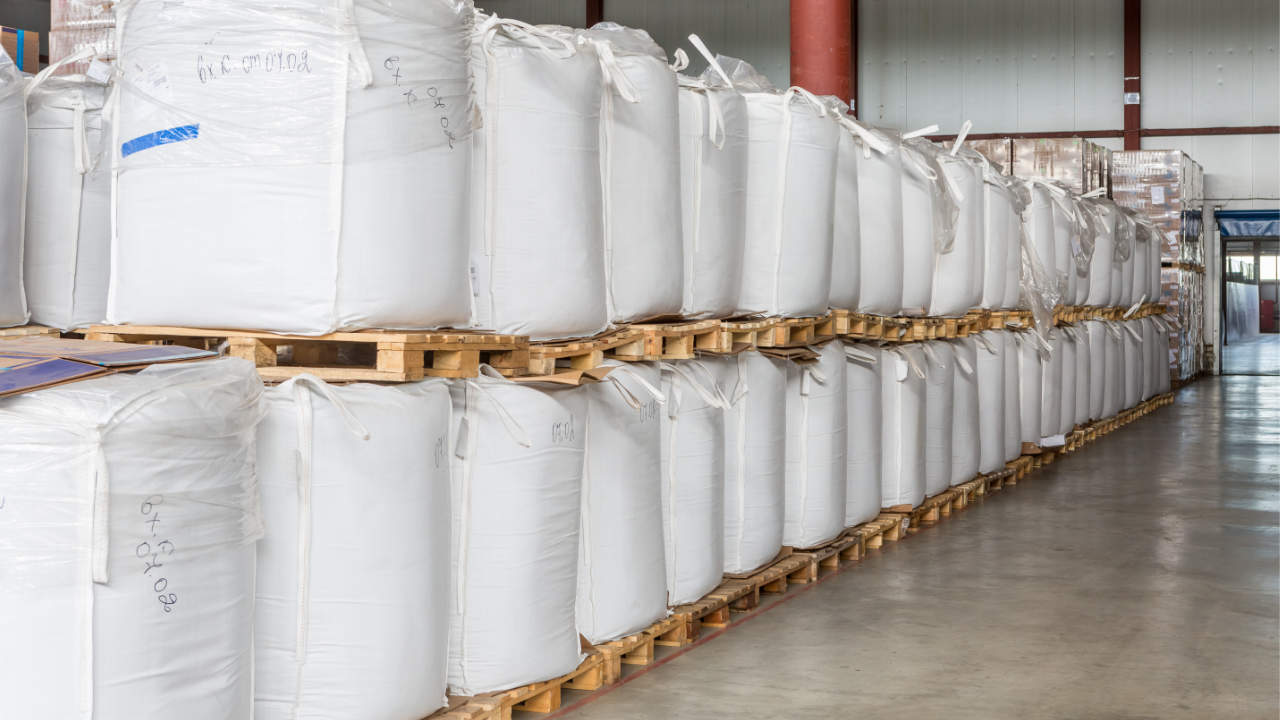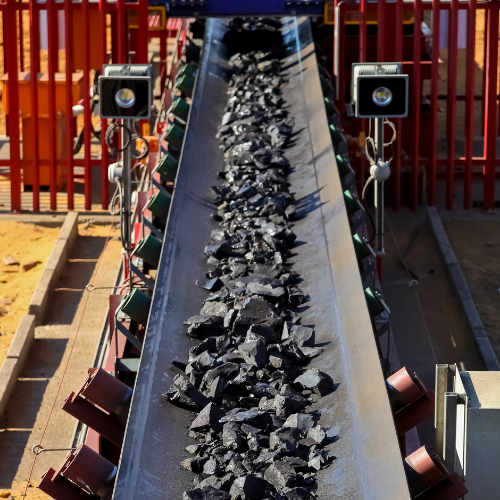Knowledge Hub
What is a Bulk Material Handling System?

A bulk material handling system is designed to enable the movement, storage and control of bulk materials in various industrial settings. These systems employ a range of equipment that can help in reducing labour costs and enhance productivity. This article explores the basics and common challenges involved in bulk material handling.
What are Bulk Materials?
To best understand bulk material handling systems, it is important to know what is meant by a ‘bulk material’.
Bulk materials refer to substances that are handled, stored, transported and processed in large quantities and loose form. These materials can range from fine powders and granules to flakes, pellets or larger aggregates. In various industries, the efficient management of these materials is crucial as they often form the backbone of the production and supply process.
The physical behaviour of these materials is particularly important. Despite their solid nature, when in motion, bulk materials often exhibit fluid-like properties – like sand through an hourglass. This fluid behaviour is crucial for efficient transfer and processing, allowing them to flow through conveyors, chutes and hoppers smoothly.

Common Types of Bulk Materials
There is a wide array of bulk materials used across various industries:
What is Bulk Material Handling?
Bulk material handling refers to the industrial processes that involve the storage, transportation and management of bulk materials. This field encompasses a wide array of specialised equipment designed to efficiently handle large quantities of materials, such as minerals, grains, metals and powders, ensuring they are moved safely and effectively throughout a facility.
To meet the diverse demands of various industries, from agriculture to mining and beyond, an extensive variety of bulk material handling systems have been ingeniously developed. Each system is tailored to facilitate the smooth flow of materials, minimise labour requirements and enhance operational efficiency across countless material handling applications.
Key Components of Bulk Material Handling Systems

Storage Systems
Storage systems include vessels, hoppers and silos. These systems are designed primarily for the storage of bulk materials, preserving materials under optimal conditions to maintain product quality and extend its shelf life.

Conveying Equipment
Conveying equipment includes pneumatic transfer systems and mechanical screw conveyors.
These systems are designed for the transportation of bulk materials through facilitating the movement of substances across long distances of horizontal stretches and vertical inclinations.

Loading and Unloading Equipment
For loading and unloading operations, equipment such as bulk bags are used, ensuring materials are directed to the right system or location, ready for the next process.
Bulk bags and FIBC bulk bag stations can be integrated into various conveyors and feeders for easy loading and unloading.
Common Challenges in Bulk Material Handling
There are many elements besides equipment to consider when creating an effective bulk material handling system. Below are some of the common considerations that must be taken into account:
Consider whether the bulk material is free-flowing or poor-flowing, as this will affect the design of the system.
Flow properties can be affected by bulk density, temperature, particle size, material form and more.
Materials handling systems can be designed to handle specific materials and material flows, setting and maintaining the correct flow rate for precision in your operations.
For many industries, controlling the amount of dust in the atmosphere is a priority. Dust-free discharge systems and transportation equipment designed to minimise dust will be essential for operations where controlling dust is a health and safety concern.
Industries such as food cooling and beverage and pharmaceuticals will have high safety standards they need to meet, making materials handling equipment designed to minimise contamination and cross-contamination a priority.
Handling equipment made from easy-to-clean surfaces and designed with controlled conditions in mind can support these requirements.
When investing in bulk material handling equipment, you want to be sure your equipment is designed for longevity. Equipment wear-and-tear and corrosion is a consideration for many, especially for those in industries where corrosive and abrasive bulk material is common.
High-quality designs and materials, plus easy access for maintenance and upkeep, will ensure handling equipment is designed for longevity.

Industries Relying on Bulk Material Handling
The Importance of Bulk Material Handling Systems
Bulk material handling is a demanding operation. However, with the ability to design bespoke systems that cater to all requirements and concerns across industries, bulk material handling systems are an innovative solution to streamlining your processes for increased productivity, safety and compliance.
